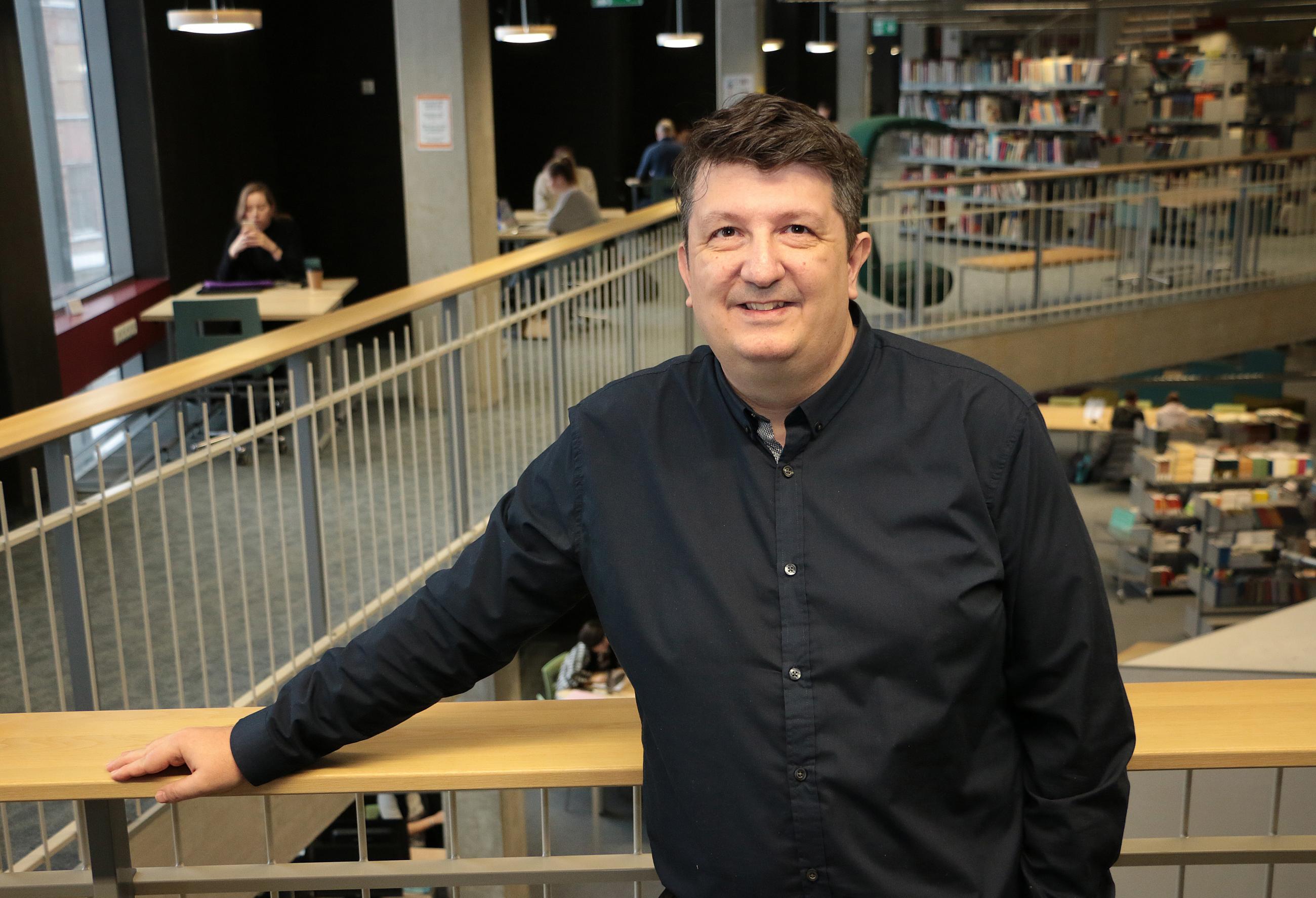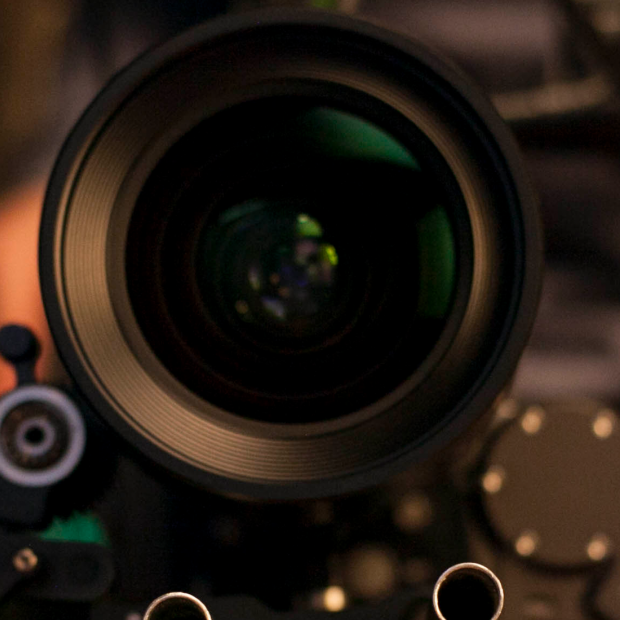New Programme: Social Entrepreneurship MA
We asked the curator of the new international programme Social Entrepreneurship MA Zsolt Bugarszki a few questions about the new curriculum. Here's what he had to say:

Please describe, what is the new programme about?
The Social Entrepreneurship MA program is a progressive educational initiative of Tallinn University with the aim to promote entrepreneurship and social innovation. Social enterprises are organizations that apply business strategies to maximize improvements in human and environmental well-being.
How did the programme come about?
There is a growing interest in social entrepreneurship, strongly driven by a recognition of the role social enterprise can play in tackling societal and environmental challenges and fostering inclusive growth. The 2009 global economic crisis resulted in widespread public discontentment with the functioning of the global economic system and fuelled interest in more inclusive and pluralistic economic systems. Social enterprises also address the issue of limited public resources, the challenges of long term sustainability of our welfare systems. At Tallinn University we have well-established educational programmes in social sciences and we also have business school initiatives but there is almost no connection between these two fields. Our programme creates a direct connection between entrepreneurial activities and social responsibility.
Why is the Tallinn University School of Governance, Law and Society the right place to this programme?
Our school has very strong fundaments in social sciences and we approach social entrepreneurship primarily from the perspective of societal problems. We want to promote social inclusion and the well-being of citizens and we use the creative, innovative spirit of entrepreneurship for this. Tallinn University is very open to innovation. Our school embraces the vibrant atmosphere of the Estonian start-up culture combined with the strong values of social sciences.
What are some of the ways that this programme is distinctive?
It is important to emphasise that our Social Entrepreneurship MA is not a traditional academic programme. We follow the method of Project Based Learning. Project Based Learning is a teaching method in which students gain knowledge and skills by working for an extended period of time to investigate and respond to a complex question, problem, or challenge. Project Based Learning is focused on student learning goals and skills such as critical thinking/problem solving, communication, collaboration, and self-management. The projects always feature real-world context, tasks and tools, or impact. Students make some decisions about the project, including how they work and what they create. Other important element of Project Based Learning is that students make their project work public by explaining, displaying and/or presenting it to people beyond the classroom. We will participate in the very innovative and creative life of Estonia's development hubs, hackathon events, our student's projects can use different pre-incubation and incubation opportunities and with the Estonian e-residency system we can provide them with flexible entrepreneurial solutions that they can manage from their home country, too.
What kind of courses will be offered to students?
We divided the courses to three modules. The first module comprehends most of the social science related courses. The concept of social impact, knowledge about contemporary social problems, ethical dimensions but also very practical methodological issues are included into this module. The second module is focusing on business development, project management skills, communication and IT skills. The latter is more about the specific advantage of eGovernance and the advanced digital society in Estonia which I think brings a special perspective to our program. And finally, the third module gives an opportunity to apply and implement all these skills in the practice. We encourage students to work on their own project from the very first day, and Tallinn University will give them all the support to leave the school not only with a master's degree but also with a viable first product or an established enterprise.
What kind of students, with what kind of backgrounds, might be interested in this programme?
On one hand, we recommend the program for students from social work, health promotion, social pedagogy, psychology, cultural management, liberal arts, cultural anthropology. Students from these study fields usually already have a strong commitment to social problems and societal issues, but very often they lack experience in entrepreneurship and project management. On the other hand, students coming from business, management, media or communication BA programmes are also very welcome as the program might give them an insight into social issues and an active agenda to use their skills for projects with strong social impact.
What are the practical skills that students acquire during their studies?
First of all, participants will be able to develop new social enterprises and entrepreneurial activities from concept design to execution, with a strong emphasis on social impact. This requires a very complex set of skills. The ability and creativity for innovation, advanced digital skills and understanding the potential of modern technology. Students also acquire analytical skills; data literacy is very important for the future enterprises just as management and leadership skills. Communication, utilizing social media and understanding the way people engage with modern media contents are also very vital in our program.
What jobs will students go on after they graduate? Academic prospectives?
They can be social entrepreneurs working in the non-profit or for-profit sector, having background in social sciences or business. Many of them may find jobs dealing with corporate social responsibility (CSR) or being project manager in many developments. We also want to encourage active community leaders to upgrade their entrepreneurial skills finding more sustainable positions for their community projects. From academic perspectives our program offers an opportunity to develop analytical skills, aiming analyst or researcher positions both in Academic institutions or in the public/private sector.
What in your view is most exciting about this programme?
For me the most exciting element of this program is its strong connection with the vibrant innovation culture of Estonia. I am very glad that not only the core IT sector, fintech or the game industry is benefiting from this environment but we also started to pay attention to people, and societal questions. Tallinn University is a perfect place to embrace entrepreneurship with a very strong social touch. Learn more about the programme




